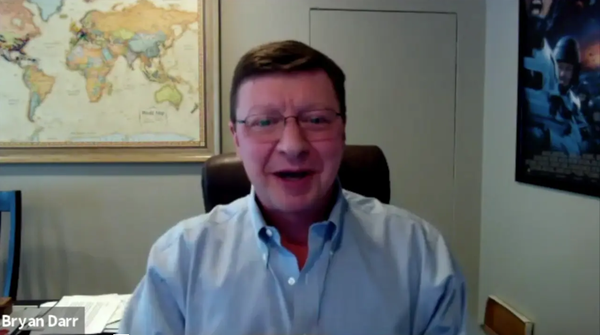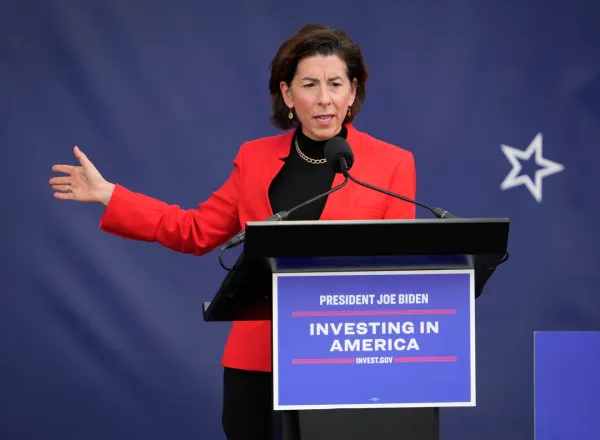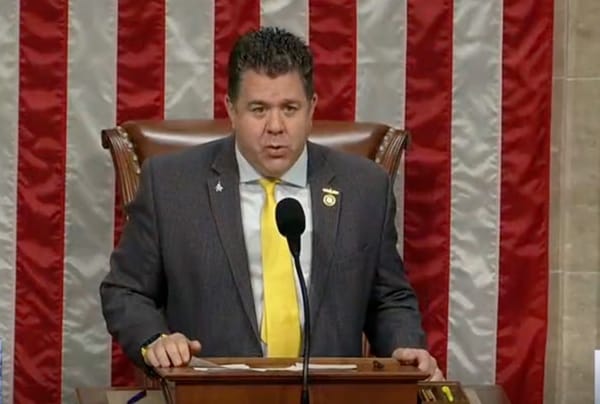MetroPCS Joins Rural Cellular Association
WASHINGTON, February 18, 2011 – The Rural Cellular Association (RCA) announced Friday that wireless provider MetroPCS had joined the association.
WASHINGTON, February 18, 2011 – The Rural Cellular Association (RCA) announced Friday that wireless provider MetroPCS had joined the association.
MetroPCS holds the fifth-largest mobile network in the U.S. and as of the beginning of 2011, serves 8.1 million subscribers. RCA, which comprises more than 100 members, represents the interests of regional and rural wireless carriers. The addition will also serve to add MetroPCS Executive Vice President and General Counsel, Mark Stachiw to the association’s Board of Directors.
“We are pleased to join RCA,” said Stachiw. “It is important that competitive carriers such as MetroPCS have a voice in Washington, DC, and RCA is on the forefront of many issues critical to the wireless industry. We look forward to joining RCA’s efforts on Capitol Hill and at the FCC.”
The move comes as RCA steps ups its efforts on several initiatives, such as lobbying handset manufacturers to make the latest smartphones available to smaller carriers.







